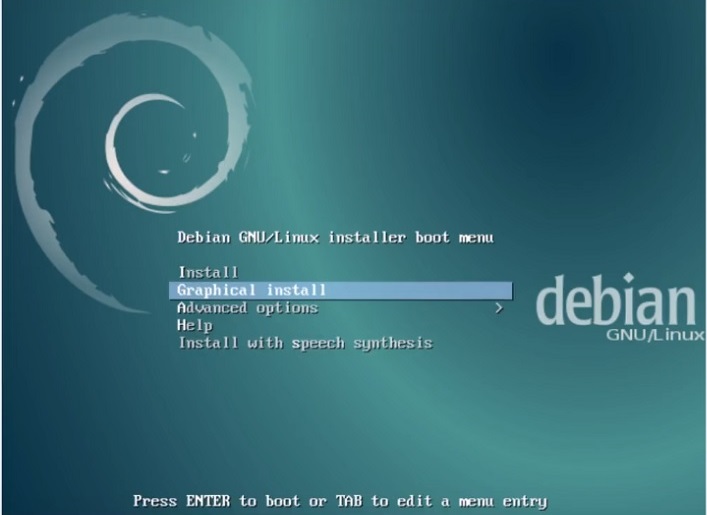

Securing your MySQL installation is essential, so run the below script, leaving the default settings alone, to secure your MySQL server and client:Ĭongratulations! You’ve completed an install of MySQL 5.7 on your Debian 9 cloud server or dedicated server node. Systemctl enable mysql & systemctl start mysql Once the installation of the MySQL server and MySQL client have completed, you need to enable the MySQL instance on your server, then start MySQL: You will also receive a prompt, during setup, to create a MySQL root user password: When the above steps have completed, you are now ready to proceed with installing MySQL, both the server and the client. Make sure to leave the default options in place, then click “OK”Īfter the installation is complete, now you can update the package list: deb package:ĭuring the installation, you will be prompted to select options for your install. deb package name, then install it with dpkg:įollow the steps to complete the download of your. Once downloaded to your server, check the. deb package is downloaded, you will need to download it to your Debian server, following the below example: The first step in installing the official MySQL instance is to go to MySQL’s website, find the correct. You will be prompted to create a MySQL root password during installation as well. However, it’s possible to install MySQL as the default database, replacing MariaDB, with an official MySQL repository.ĭuring this process, having root user access, sometimes called privileged access, may be necessary to complete the setup. Mentioned earlier, one of the biggest changes from the previous stable release to this release was the replacement of MySQL with MariaDB MySQL was the default. To get started with installing the MySQL packages on Stretch, you need to have a cloud server or dedicated server node, whichever you prefer, with an current instance of Debian Stretch installed. This guide will help you install MySQL 5.7 on a node running the Debian Stretch operating system.

With the new release, the previous instances of MySQL are being replaced by the equivalent instance of MariaDB. However, one major change from the previous Debian 8 release is the change from MySQL to MariaDB.


 0 kommentar(er)
0 kommentar(er)
